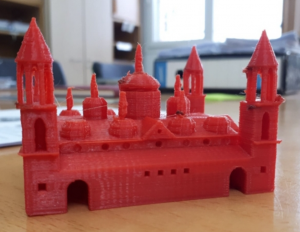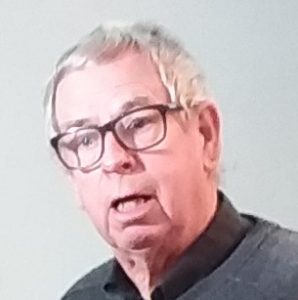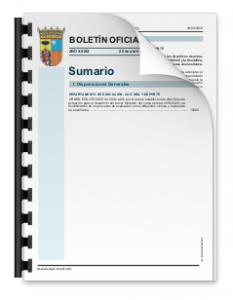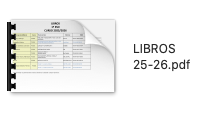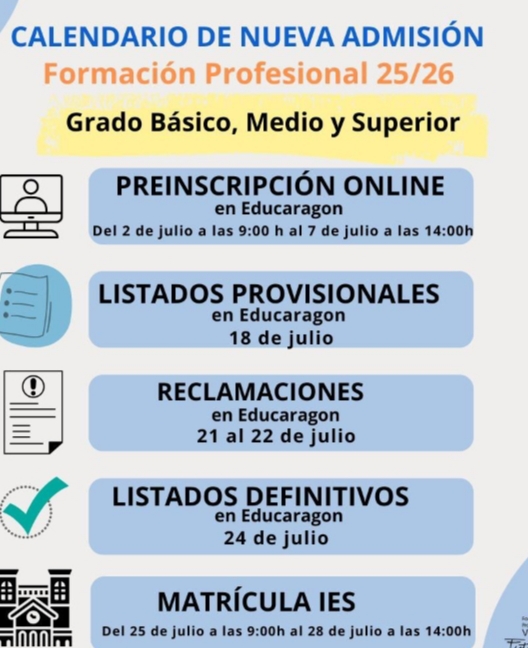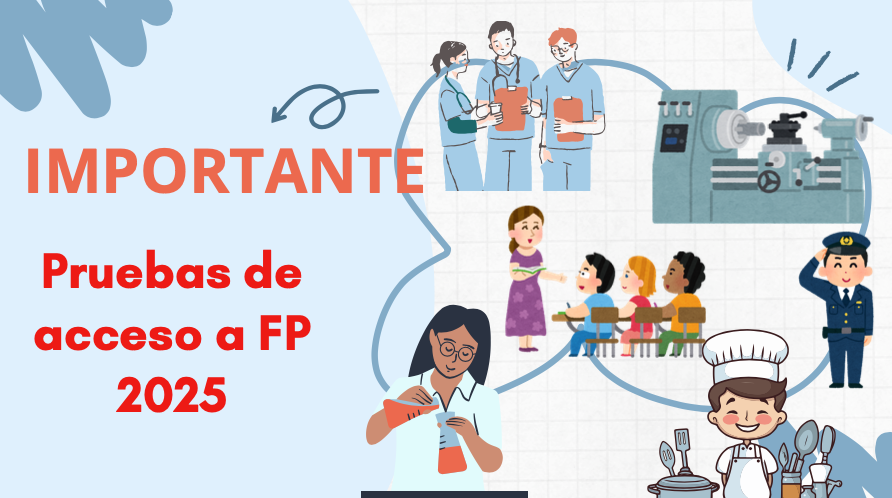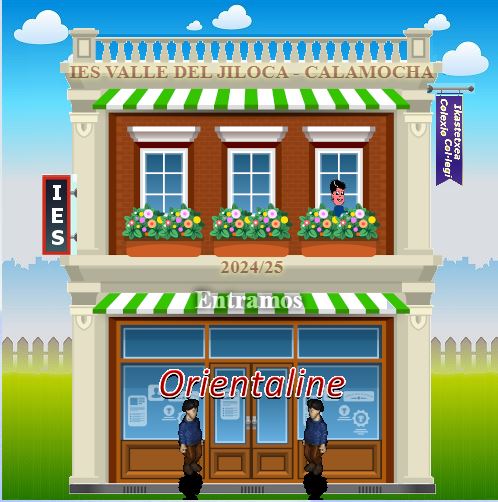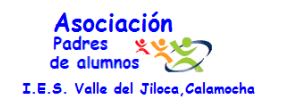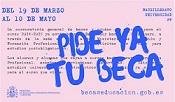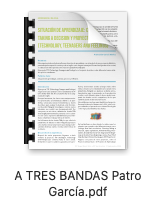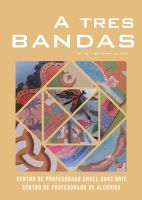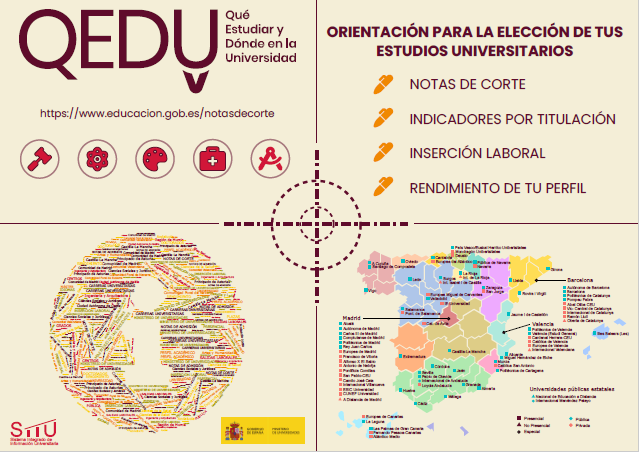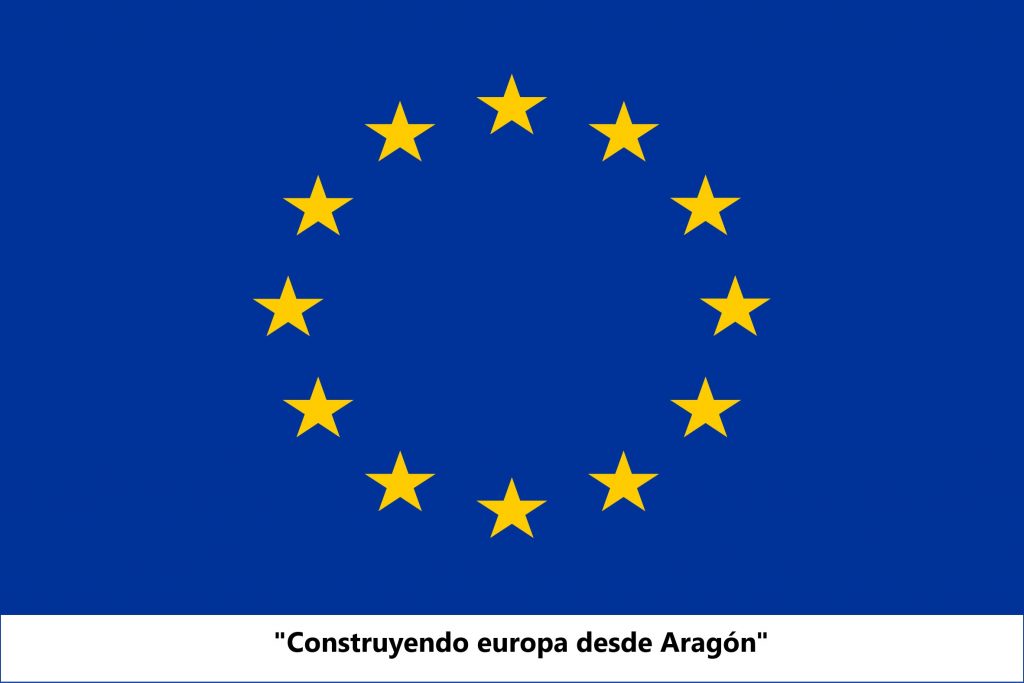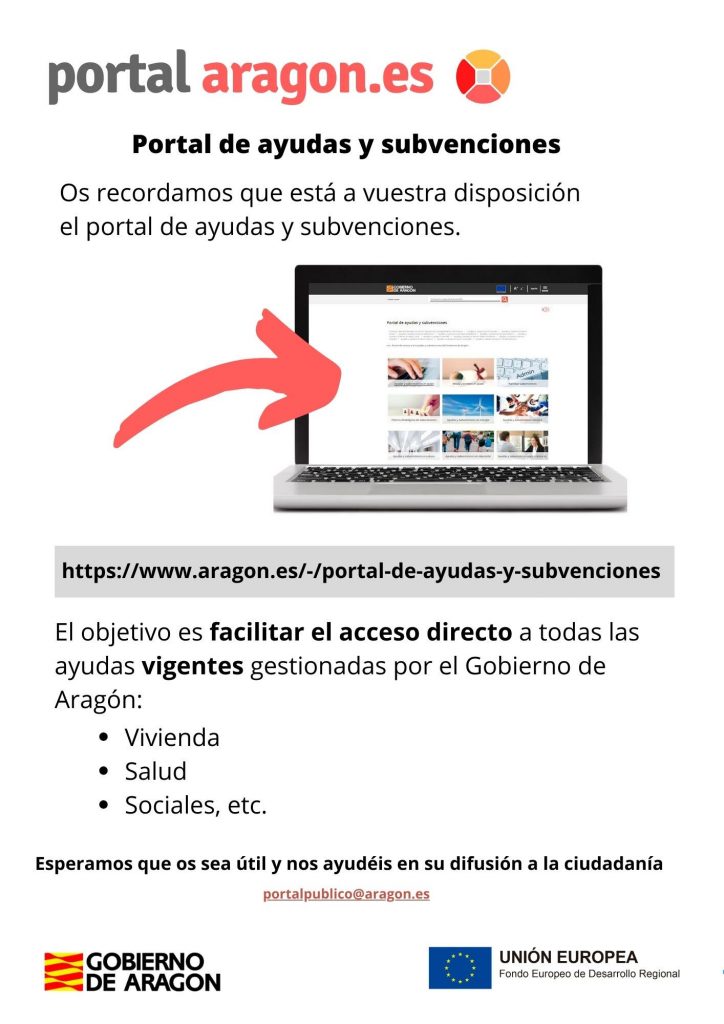Parece que ha pasado un mundo…pero hubo un momento que impartíamos clases normales y realizábamos prácticas tan divertidas como estas: Estas maquetas están realizadas por los alumnos de Tecnología Industrial de 1º de bachillerato, tras realizar una serie de prácticas de programación donde los alumnos aprenden a trabajar con los diferentes elementos de electrónica digital …
Archivo de mayo de 2020
May 28
Locked down in Berrueco. My experience
Jeremy Brock Jeremy, who normally lives in Scotland, spends seasons in a small village in the province of Zaragoza called Berrueco. He visits our Secondary School every year; the last time he was at School was on February 7th 2020 and gave us a lecture titled “Scotland and my personal career” that students really liked. …
May 27
Concurso “Fruta divertida”
Os animamos a elegir las fotos que aparecerán en el cartel del “Plan de Consumo de Fruta en las Escuelas 2021” . Para ello sigue la siguiente cuenta de instagram y pon like en tus favoritas: Aún podéis participar en el concurso enviando vuestra creación hasta el 29 de mayo al correo: frutadivertida2020@gmail.com Estas …
May 15
Nuestra Formación Profesional en “Un lugar para quedarme”
En las semanas previas al cierre de los centros por la COVID-19, el equipo de “Un lugar para quedarme” de Aragón Televisión se desplazó a Calamocha para mostrar el pueblo en su programa. Uno de los primeros lugares a los que acudieron fue nuestro centro y, tras visitar las instalaciones, decidieron dedicar un segmento del …
- 1
- 2

